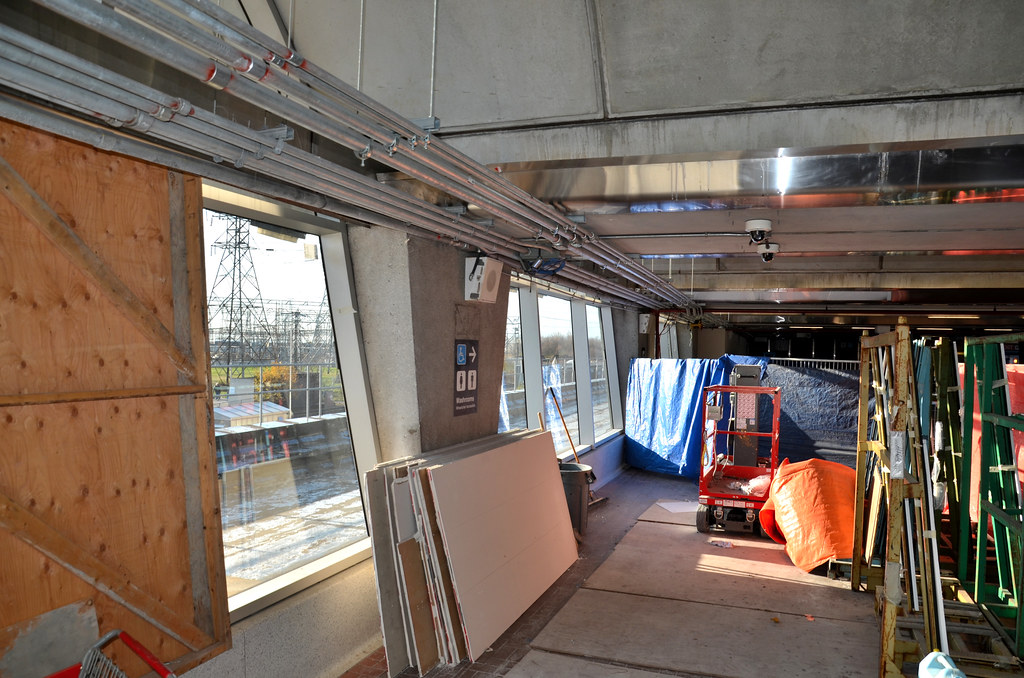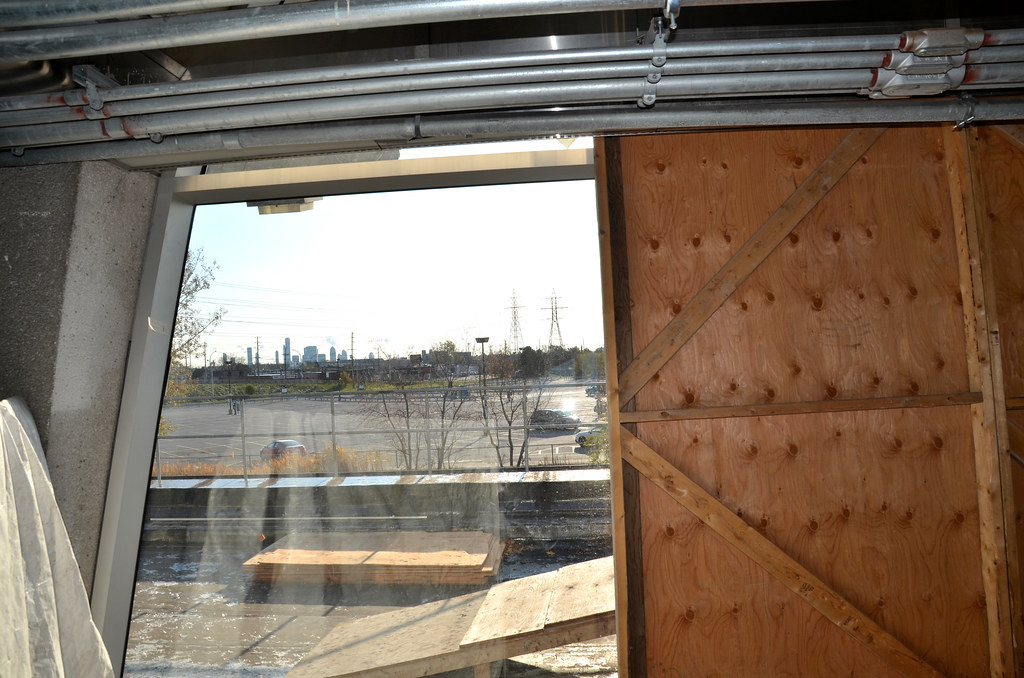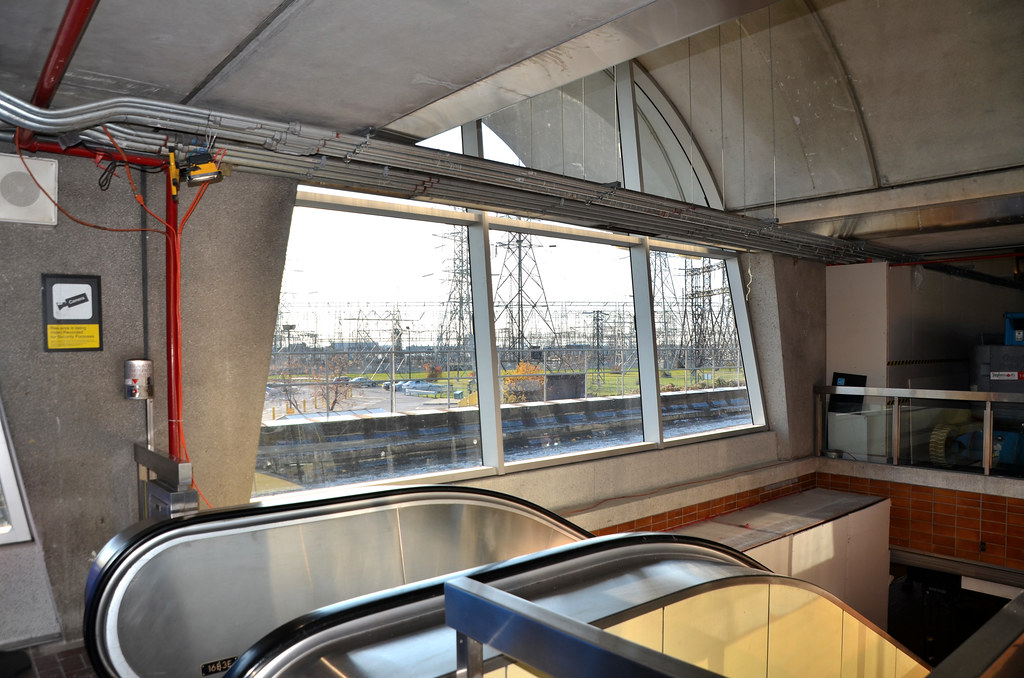Byford has been able to advocate for the subways and buses while taking responsibility for the challenges they face. The next chairperson must do that for the entire agency, advocates told Streetsblog. Otherwise, state legislators will be loath to provide it with badly needed funding or pass congestion pricing.
“We need somebody who’s going to get out there and talk about what’s changing inside the MTA,” said Nick Sifuentes of the Tri-State Transportation Campaign. “The next chair needs to tell a new story about the MTA, or it’s going to be brutally hard to get the resources from Albany.”
“The politics that the MTA chairman needs to be playing are the politics of getting the funding that the MTA needs, not the politics of weighing in on the squabbles between the city and the state.”
One thing is certain: another part-time chief executive won’t cut it.
“The MTA badly needs a full-time CEO. It’s a humongous, sprawling enterprise,” said John Kaehny of the good-government group Reinvent Albany. “It’s the biggest state government entity. If you said the head of the state DOT was working full-time as a dentist, people would think you’re completely crazy. It’s a massive job.”
The newly elected Democratic state senate could be instrumental in ensuring that, or they could pass the buck to Cuomo as they did when he appointed Lhota last year: The state senate received and approved the appointment in mere hours. A “confirmation hearing,” if you could call it that, took place via video conference at around midnight. Lhota’s
controversial board membership at the Madison Square Garden Company, whose 21,000-seat arena is a key impediment to improving Penn Station, never even came up.
“We would have loved a full-time, committed Joe Lhota, but a half-time and fully compromised Joe Lhota had to go,” Kaehny said. “It’s a good opportunity for the Democratic majority in the senate to finally hold real hearings.”







